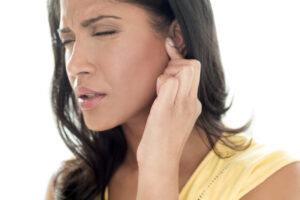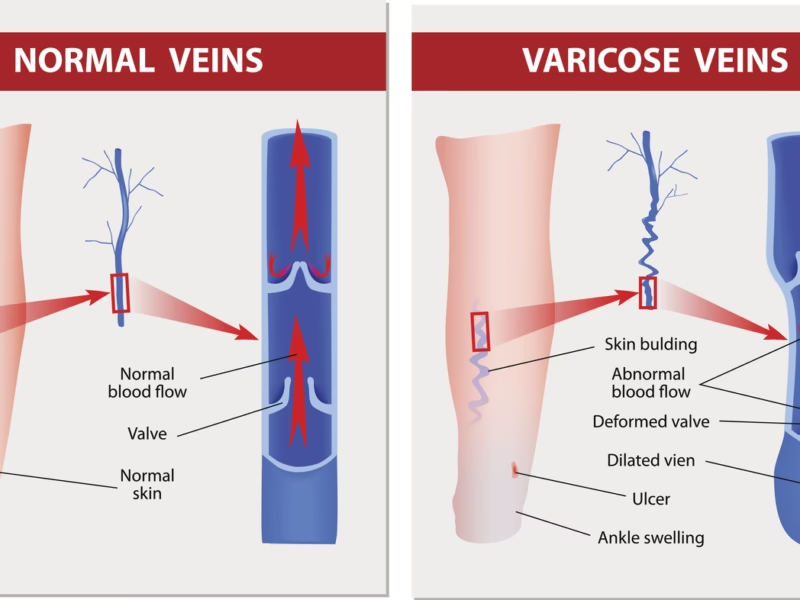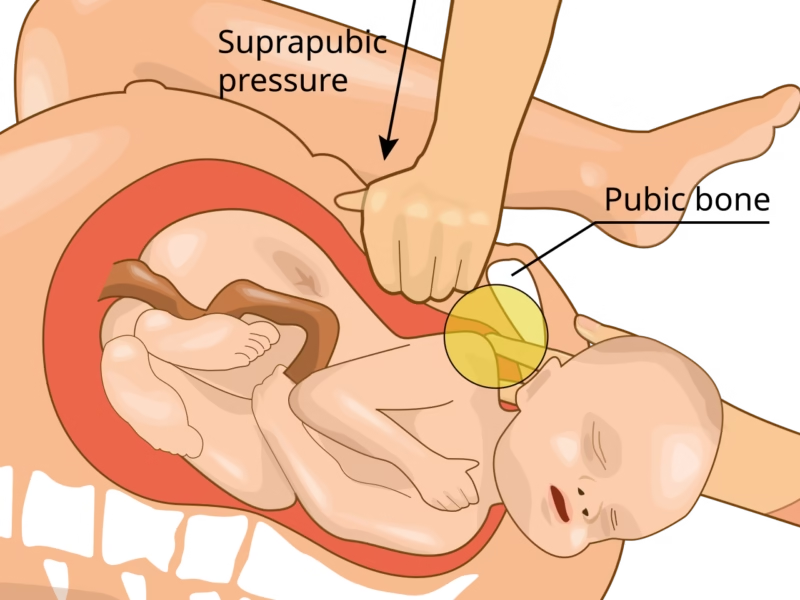Have you ever experienced a strange, persistent ringing noise in your ear with no external source? You’re not alone. This condition is known as tinnitus, and it impacts millions globally. For some, it’s a temporary annoyance. For others, it’s a chronic condition that interferes with sleep, concentration, and quality of life.
In this article, we’ll explore what causes tinnitus, its common symptoms like high pitched noise in ear, and various ear buzzing treatments that can offer relief.
What Is Tinnitus?

Tinnitus is when you hear a sound that isn’t really there. It’s the experience of hearing noise without any external source. It’s not a disease but a symptom of an underlying condition—most commonly age-related hearing loss, ear injury, or a problem with the circulatory system.
People describe tinnitus in many ways:
- Ringing noise in ear
- Buzzing sound in ear
- Whistling in ear
- Humming, clicking, or roaring sounds
Sometimes the sound fades in and out, other times it sticks around—and it can be loud or barely noticeable. In severe cases, it can significantly disrupt daily life.
Common Causes of Tinnitus
- Exposure to Loud Noise
Listening to loud music or being around noisy machines too often can hurt the tiny hairs in your ear, causing that buzzing or high-pitched ringing.
- Hearing Loss
Age-related hearing decline (presbycusis) is a major contributor. As hearing ability fades, your brain may misinterpret signals, resulting in phantom sounds.
- Earwax Blockage
A buildup of wax can irritate the eardrum or cause pressure changes, triggering a ringing sound in your ear.
- Ear Infections or Middle Ear Issues
Infections, fluid buildup, or problems like Eustachian tube dysfunction can result in a buzzing sound in ear.
- Certain Medications
A class of drugs called ototoxic medications (e.g., certain antibiotics or cancer drugs) can worsen or cause tinnitus.
Types of Tinnitus Sounds
Tinnitus can manifest in different auditory perceptions:
- High pitched noise in ear: Often associated with noise-induced hearing loss.
- Buzzing sound in ear: A mechanical or vibrating tone.
- Whistling in ear: Like a tea kettle or steam escaping.
- Thumping or pulsing: Known as pulsatile tinnitus, usually related to blood flow.
Recognizing the type of sound you hear can help in diagnosing the root cause.
When to Seek Medical Advice
If the ringing noise in your ear lasts more than a few days, is accompanied by hearing loss or dizziness, or is only in one ear, consult a healthcare professional. A hearing test, physical examination, or imaging may be required to rule out serious conditions like Meniere’s disease, tumors, or vascular disorders.
Ear Buzzing Treatment Options
There’s no guaranteed cure for tinnitus yet, but the good news is that there are ways to make it more manageable.
- Sound Therapy
White noise machines, fans, or nature sounds can mask the ringing noise in your ear, making it less noticeable—especially at night.
- Cognitive Behavioral Therapy (CBT)
CBT helps people cope with the emotional stress and anxiety associated with chronic tinnitus. It doesn’t eliminate the sound, but it changes your reaction to it.
- Hearing Aids
If hearing loss is the cause, hearing aids can enhance external sounds and reduce the contrast between actual sound and tinnitus.
- Medications
Some antidepressants or anti-anxiety drugs may help reduce the intensity of tinnitus symptoms, though they are usually not a first-line treatment.
- Home Remedies & Lifestyle Changes
- Avoid caffeine and nicotine, which may worsen symptoms
- Practice mindfulness or meditation
- Use ear protection in noisy environments
- Stay hydrated and manage stress levels
Can Tinnitus Be Prevented?
While not all forms of tinnitus are preventable, you can reduce your risk:
- Limit exposure to loud sounds
- Wear noise-canceling headphones or earplugs when necessary
- Get regular hearing check-ups
- Refrain from inserting objects such as cotton swabs into your ears.
Final Thoughts
Tinnitus can be frustrating and, at times, debilitating. If you’re hearing a high-pitched tone, a buzzing, or even a whistling sound in your ear, you’re not alone—and the good news is, support and solutions are available. From sound therapy and hearing aids to stress reduction and medical evaluations, there are several effective ear buzzing treatments to explore.
Don’t suffer in silence. The sooner you address the ringing noise in your ear, the better your chances of finding lasting relief.


